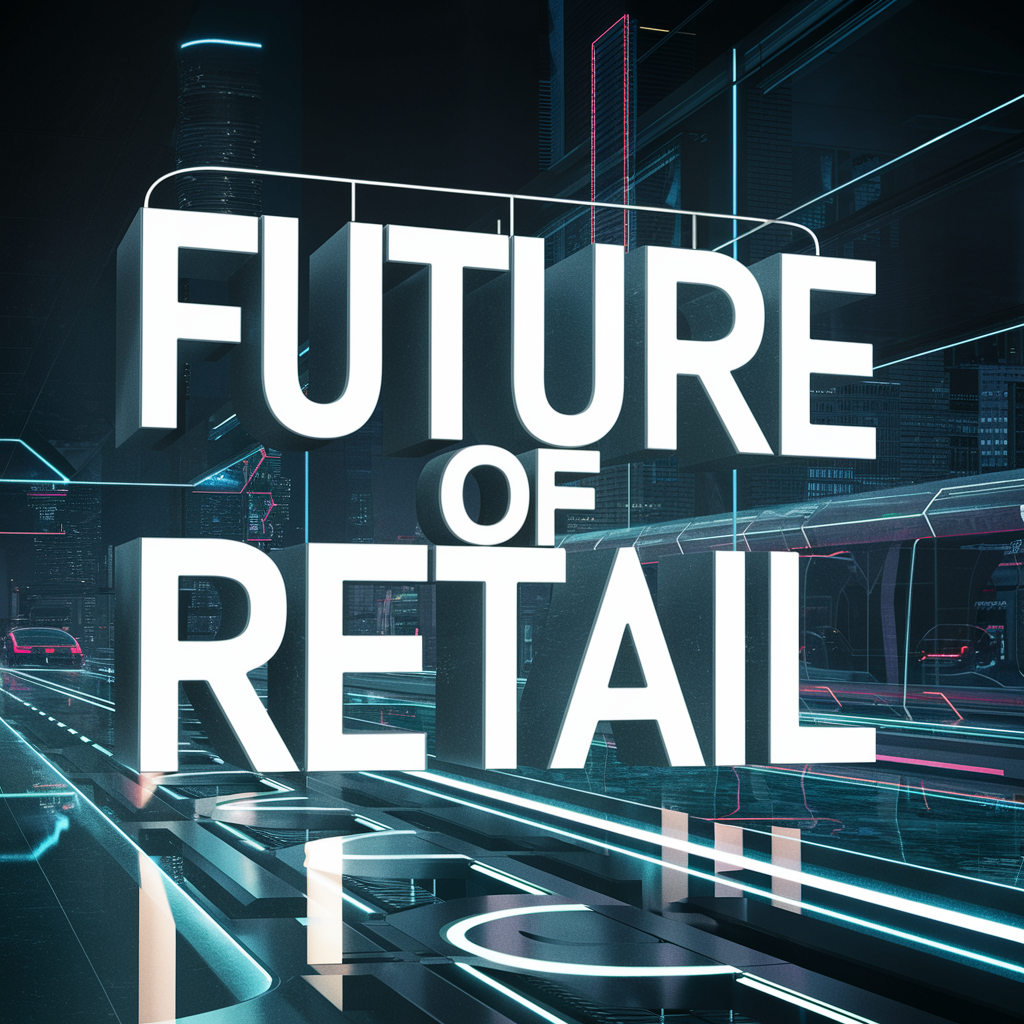The retail landscape is transforming rapidly, and immersive shopping experiences are at the forefront of this evolution. These engaging and innovative interactions are redefining how consumers shop, making every visit to a store more than just a purchase—it’s an adventure. This article explores five compelling reasons immersive experiences are poised to dominate the future of retail.
Engagement Through Technology
Immersive experiences utilize cutting-edge technology to engage customers in ways traditional retail simply cannot match. Augmented reality (AR) and virtual reality (VR) enable shoppers to see how products will look in their homes or on their person before making a purchase. This level of interaction not only makes shopping more engaging but also helps customers make better-informed decisions.
Moreover, technology like interactive displays and touchscreens can provide shoppers with rich product information and options without staff assistance. These technologies create a hands-on experience that empowers consumers and enhances their shopping journey, making it more interactive and fun.
Personalization of Shopping Experience
Personalization is key in an immersive retail environment. Stores can tailor the shopping experience to each individual’s preferences and past behavior, offering product suggestions uniquely suited to each shopper. This personalization increases customer satisfaction and loyalty because consumers feel understood and valued.
Additionally, personalization technologies can analyze shopping habits and preferences to optimize inventory and store layout. This leads to a more efficient shopping experience where customers can easily find products that interest them, potentially increasing sales and customer retention.
Acxiom states, “Immersive shopping uses simulation-based technologies such as augmented and virtual reality to create interactive and highly personal shopping experiences.”
Customer Intelligence
In addition to providing engaging and enjoyable shopping experiences, immersive retail environments offer retailers invaluable insights into customer intelligence. By leveraging technologies like augmented reality (AR) and virtual reality (VR), stores can gather data on customer behavior, preferences, and purchasing patterns. This data allows retailers to better understand their customers, tailor their offerings, and optimize their strategies for increased sales and customer satisfaction. Harnessing customer intelligence in this way not only enhances the individual shopping experience but also contributes to the overall success and competitiveness of the retail business.
Increased Customer Retention
Immersive experiences make shopping enjoyable and memorable, crucial to customer retention. When customers enjoy their shopping experience, they are more likely to return. Immersive elements such as virtual try-ons, interactive product demos, and gamification strategies make the retail experience entertaining and engaging.
Furthermore, retailers can encourage repeat visits by providing a consistently updated and exciting shopping environment. Customers will come back not only for products but also for the new experiences and interactions that await them. One effective way to achieve this is through the use of retail media.
What is retail media? It refers to the various forms of advertising and promotional content displayed within a retail environment. By leveraging retail media, retailers can create dynamic and engaging spaces that captivate customers, ultimately driving both sales and customer loyalty.
Enhancing Brand Loyalty
An immersive retail experience can significantly enhance brand loyalty. A store’s engaging, personalized shopping experience creates a strong emotional connection with its customers. This connection can turn casual shoppers into loyal fans who prefer your brand over competitors.
Brand loyalty is also enhanced through exclusive in-store events and experiences that can’t be found elsewhere. These unique offerings make customers feel part of a special community, further strengthening their loyalty to the brand.
Competitive Advantage
Retailers offering immersive experiences distinguish themselves from the competition. In a market where many products are similar, the shopping experience can become the differentiating factor. Retailers that innovate and invest in immersive technologies can attract more customers and gain a significant competitive edge.
Moreover, immersive experiences can be shared on social media, increasing brand visibility and attracting new customers. When shoppers share their unique experiences online, it acts as a powerful form of word-of-mouth marketing that can enhance the store’s reputation and draw in a broader audience.
In conclusion, immersive experiences reshape the retail industry by making shopping more engaging, personalized, and enjoyable. These experiences help build customer loyalty, increase retention, and provide a competitive edge. As technology continues to evolve, the possibilities for immersive retail will only grow, making it an essential strategy for any forward-thinking retailer. Engaging with these innovations can set a store apart and pave the way for future success in the ever-changing retail landscape.






